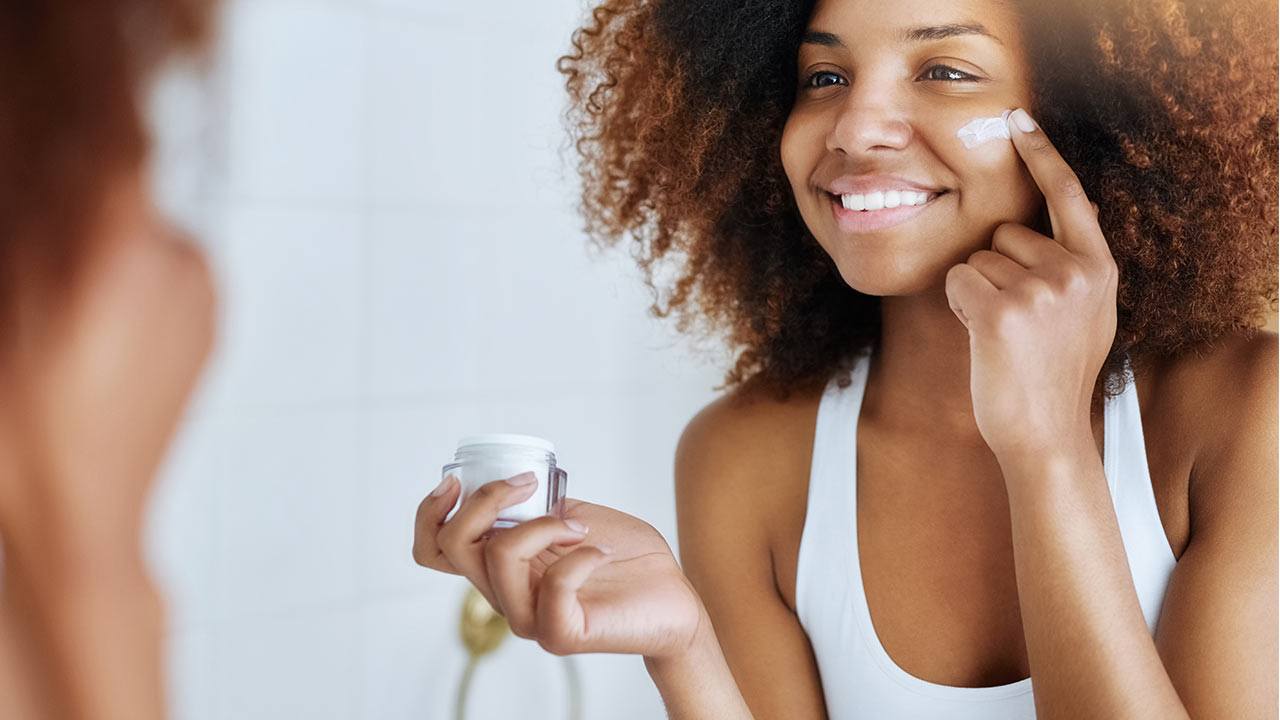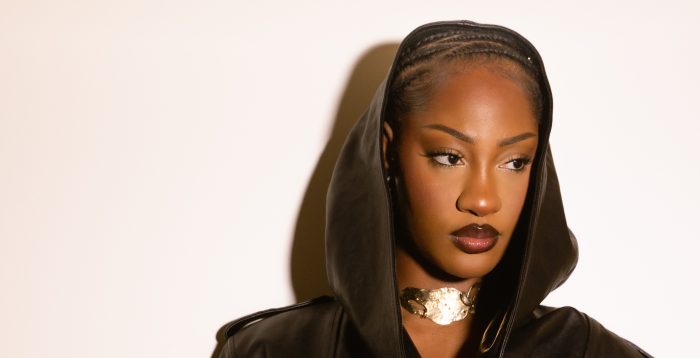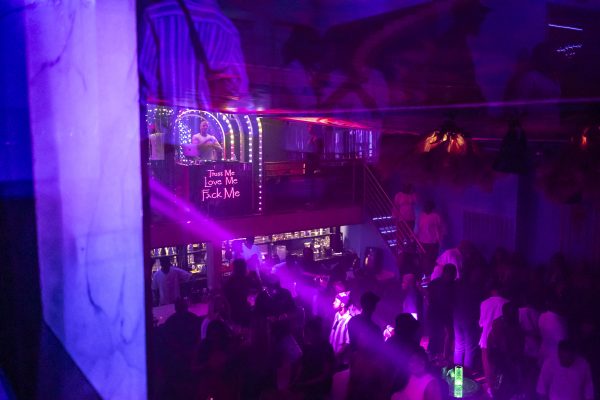Skin bleaching in Africa is gaining popularity despite many health risks.
In spite of the danger, people use toxic creams and injections and pills to become more fair, in the belief that lighter skin is a gateway to beauty and success.
Ingredients may include hydroquinone, steroids, mercury and lead — the same element that in high concentrations poisoned Elizabethan courtiers who powdered their faces ivory white.

[ad]
Many governments in Africa have banned the sale of bleaching creams and warned about taking high doses of a lightening compound called glutathione, which is sold as injections or pills.
But demand for the bleaching products far exceeds what authorities can regulate.
In many African capitals, there are billboards advertising creams for fair skin, while a legion of black market cosmetologists assembles bootleg creams for sale in markets.
People who start skin bleaching caution that the results are “addictive” and that they quickly become dependent on the creams to feel beautiful.
They can end up spending thousands of naira every month in order to keep a fair complexion, even as it damages their skin.
Side effects include sensitive skin that becomes uneven in tone, stretch marks and, in the worst cases, ochronosis — a build-up of acid that makes the skin appear darker.
Black cultural movements are trying to challenge longstanding Eurocentric standards of beauty by celebrating natural skin and hair.
But it’s not clear yet if the trend will shift public opinion on the continent, where fair skin is still held at a premium.
***AFP / Stephanie Findlay
[ad unit=2]








